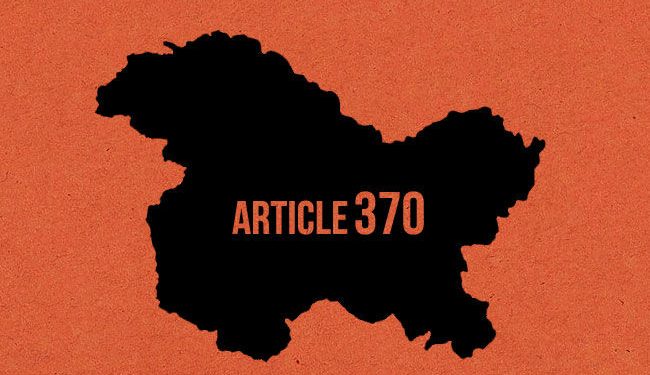New Delhi: The Supreme Court Thursday deferred the hearing on the pleas challenging the abrogation of Article 370 which had granted special status to Jammu and Kashmir.
A five-Judge Constitution Bench of Justices NV Ramana, SK Kaul, R Subhash Reddy, BR Gavai and Surya Kant said that there is a need for a compilation of all material in one place to conduct the hearing smoothly and directed all the parties to prepare and complete this compilation process on the next date of hearing.
On the direction of the court, both sides nominated one counsel to do this exercise. The court also directed the Centre to file a counter on or before November 22.
Meanwhile, senior counsel Rajeev Dhavan, representing the Jammu and Kashmir People’s Conference, requested the court to give the first priority for hearing the issue on aspects like a bifurcation of services, division of assets and transfer of properties but the court said that it would hear the entire case.
Last week, the Centre has filed an affidavit in the Supreme Court, justifying the revocation of Article 370 from Jammu and Kashmir by saying that the power under Article 370(1)(d) of the Constitution could validly be exercised even after the dissolution of the Constituent Assembly of the erstwhile state. The court was hearing multiple petitions challenging the legal route adopted by the Centre, which includes the use of presidential powers.
The Centre contested it by contending that the power to amend Article 370, represents an important part of the constitutional setup wherein the framers of the constitution, realizing the importance of a united Union, reserved such powers to the Parliament.
“In this regard, it is submitted that the powers of the Union Parliament, with regard to the nature of powers under Article 3 i.e. alteration of state boundaries, bifurcation, new States, etc, is very wide in nature”, said the affidavit claiming the assertions of the petitioners were ‘untenable’.
National Conference leader Mohammad Akbar Lone has moved the top court citing ‘Swaraj’ or self-governance and said the right to autonomous self-government within a federal framework is an essential fundamental right. After him, various others, including IAS officer-turned-politician Shah Faesal, Sajjad Lone-led Peoples Conference, CPI-M leader Mohammed Yousuf Tarigami, Kashmiri artist Inder Salim alias Inderji Tickoo, retired military officers and bureaucrats joined him and challenged Presidential orders on Article 370 and bifurcation of Jammu and Kashmir into two Union Territories.
(IANS)






































